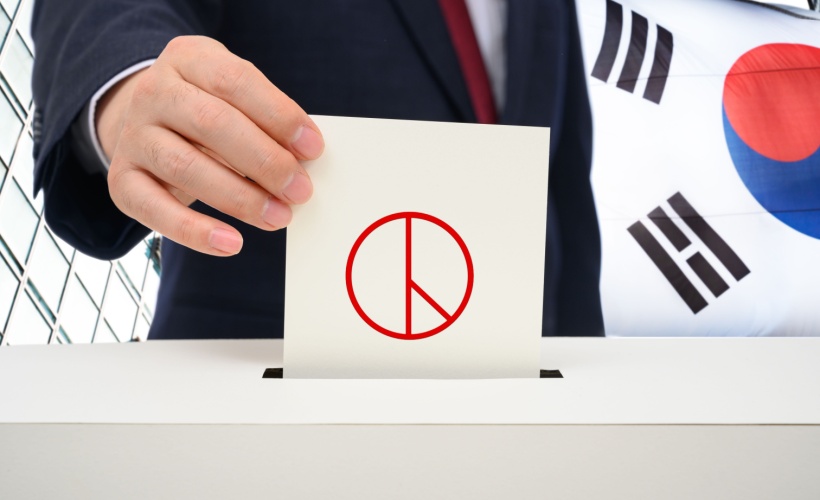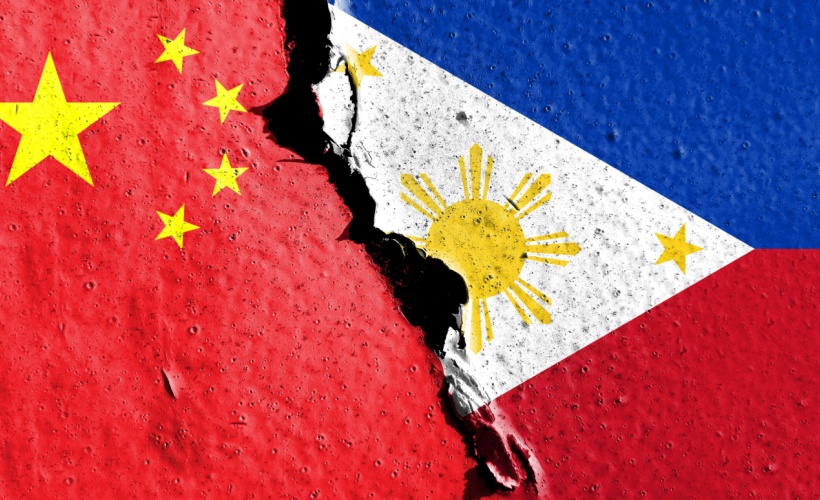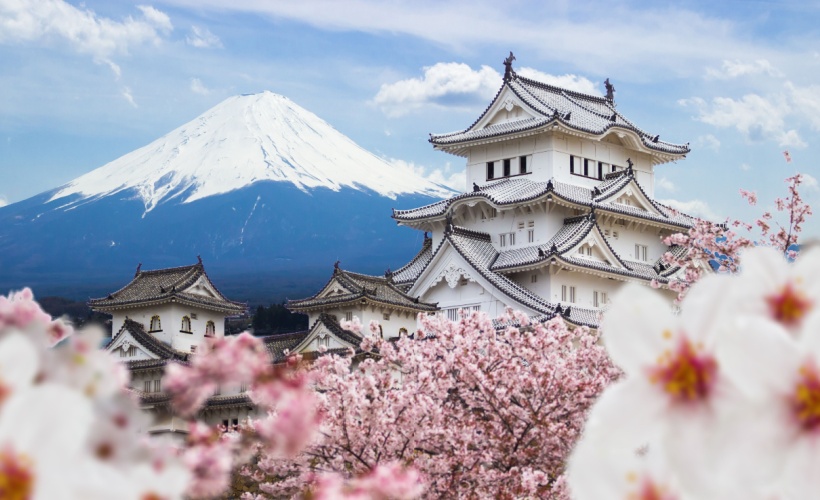In September, Japan’s prime minister Shinzo Abe resigned, having shaped Japanese politics as head of government since 2012. His successor, Yoshihide Suga, faces the challenge of navigating Japan through the fallout of the COVID crisis and dealing with an increasingly assertive China. On the 12th of November, the Centre for Geopolitics hosted a discussion on ‘Japan’s role in Asia and the World’ in light of these developments. It was chaired by John Swenson-Wright, a Senior Lecturer on Japanese Politics & International Relations at the University of Cambridge and a Senior Research Fellow for Northeast Asia at Chatham House.
Tobias Harris, Senior Vice President of Teneo Intelligence and author of “The Iconoclast: Shinzō Abe and The New Japan”, stressed the impact Abe has had on Japan, transforming domestic stability into an international asset. Under Abe, Japan had spoken with a clearer voice and found a stronger role on the international stage. However, it was unclear whether this trend would continue under Suga’s leadership, as Japan was lacking an open discussion about the strategic challenges the country is facing.
Saori Katada, Professor of International Relations at the University of Southern California and author of “Japan’s New Regional Reality: Geoeconomic Strategy in the Asia-Pacific“, focused her remarks on the dimension of political economy. She stressed Japan’s increasingly difficult relationship to China, which has become more and more assertive in the Indo-Pacific region. In particular, rivalry between Washington and Beijing has intensified over the past few years. In this context, Tokyo would play a pivotal role in rule setting for the region in its entirety.
Michael Auslin, Payson J. Treat Distinguished Research Fellow in Contemporary Asia at the Hoover Institution (Stanford University) and author of “Asia’s New Geopolitics: Essays on Reshaping the Indo-Pacific“ challenged the view that Japan was the leader of the Indo-Pacific world. Instead, many roles which Tokyo took one – such as a more active posture within ASEAN – were rather adopted in response to China’s more active foreign policy. Prime minister Abe had also built up key relationships with India and Australia, and it would be worthwhile to watch as to how much Suga would build on these links. A major issue would be whether the Quadrilateral Security Dialogue (QUAD) between Japan, the US, Australia and India will be able to develop into a geopolitical factor to be reckoned with.
In the ensuing discussion, Saori Katada stated that relations between Japan and South Korea would mostly be determined by which position a Biden administration would take towards North Korea. Michael Auslin pointed out that the future US stance towards Taiwan was a question of almost existential importance to Japan, while Tobias Harris pointed to the importance of future domestic developments for determining Japan’s stance on international issues. The discussion also touched upon trade relations in the Pacific, Tokyo’s reaction to Beijing’s “Belt-and-Road-Initiative” as well as Russo-Japanese relations.
EVENT VIDEO







